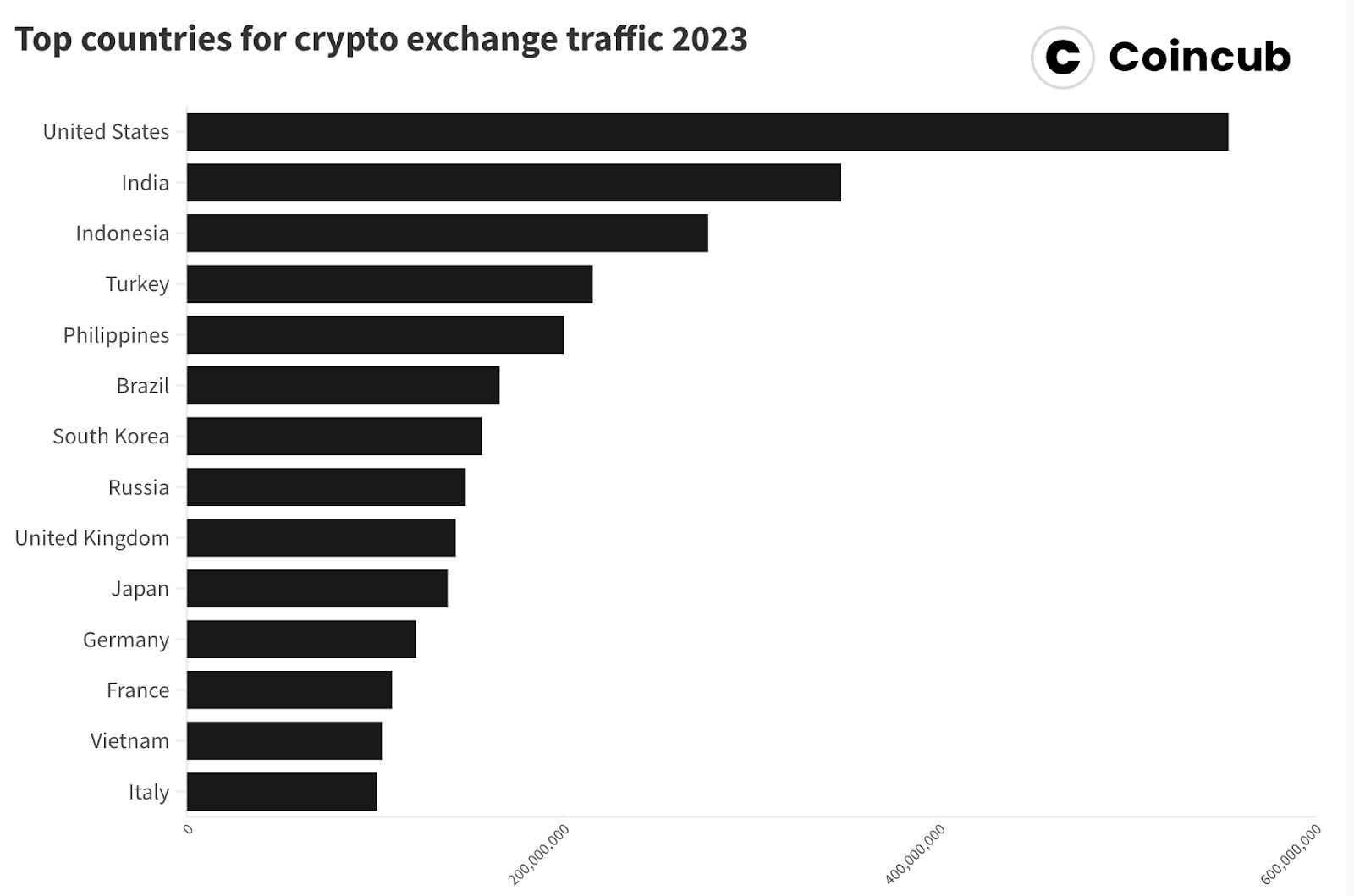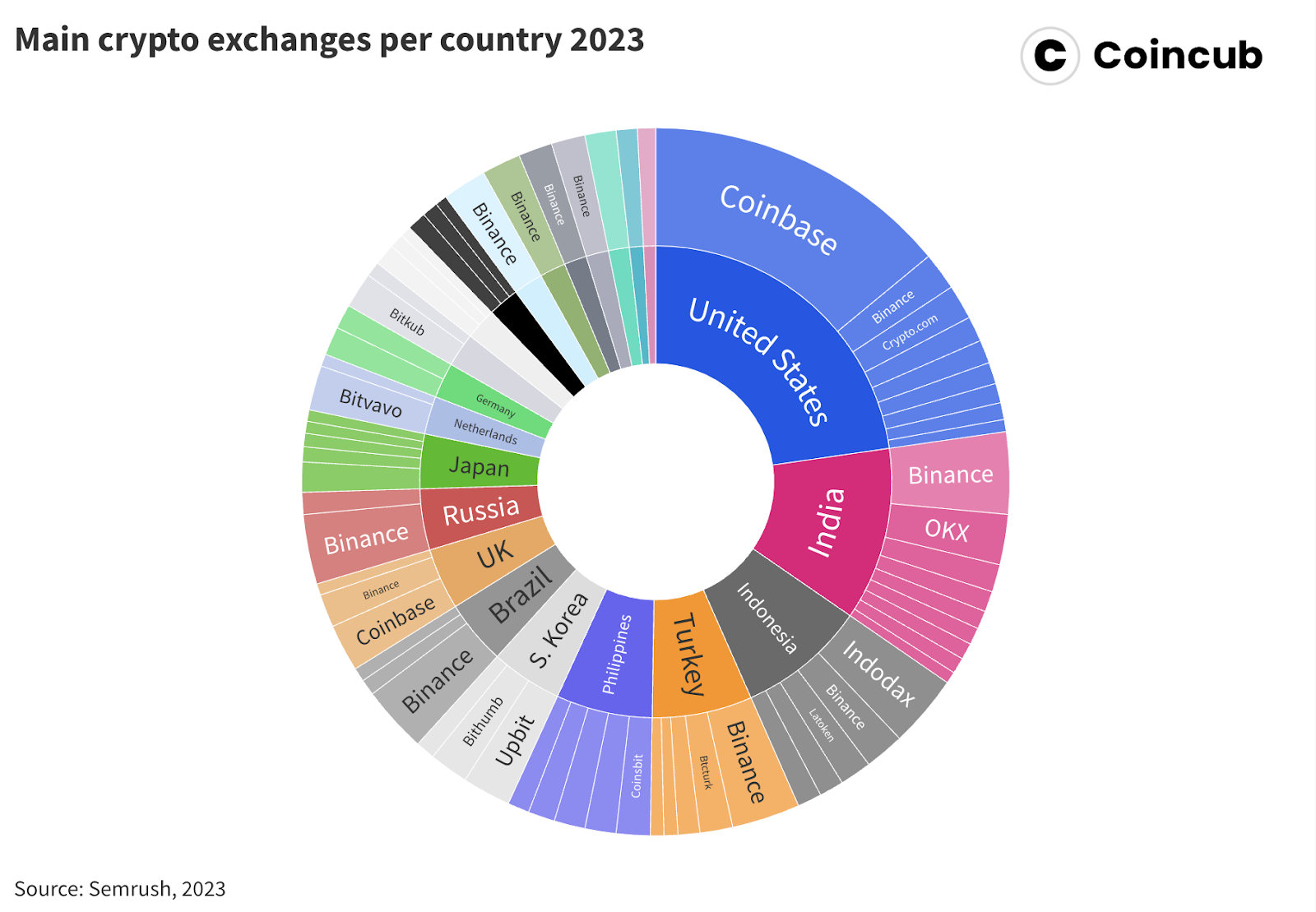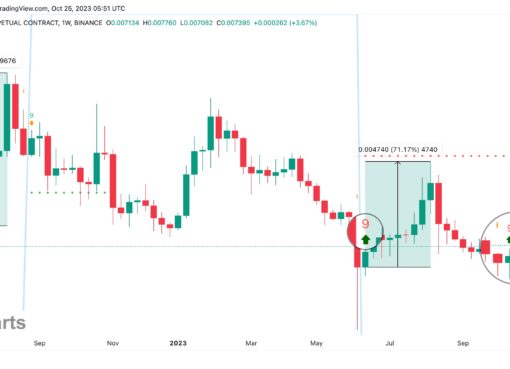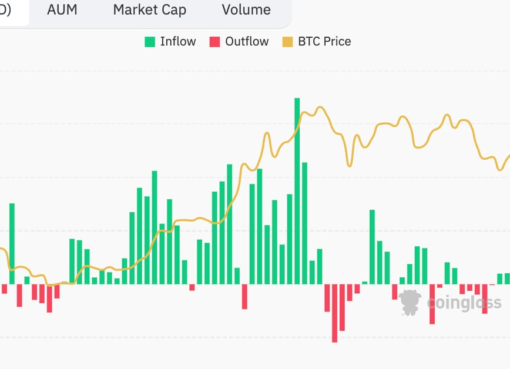Disclosure: The views and opinions expressed here belong solely to the author and do not represent the views and opinions of crypto.news’ editorial.
The United States Securities Exchange Commission’s (SEC) eleven Bitcoin ETF approvals, which took over a decade of efforts by fund managers to accomplish, have institutionalized Bitcoin, allowing digital assets to seep into investors’ portfolios in the US forever. With the two largest digital asset exchanges—Coinbase and Binance—still battling in court with the SEC, digital asset investors should beware that to protect investors, federal agencies SEC, Commodity Futures Trading Commission (CFTC), Financial Crimes Enforcement Network (FinCEN), Internal Revenue Service (IRS) and Office of Foreign Assets Control (OFAC) during 2023 ramped up legal enforcement efforts against world’s largest digital asset exchanges reaching a wide range of misconduct, that occurred in both US and foreign jurisdictions.
After all, the United States leads in traffic to digital asset exchanges, followed by India, Indonesia, and Turkey, according to the latest Coincub’s report.
Crypto exchanges traffic report 2023 | Source: Coincub
Erhan Kahraman, editor at Cryptox, explained the reasons for Turkish investors’ increased activity on digital asset exchanges—which are not yet regulated within the country— to me: “The Coincub’s ‘Crypto exchanges traffic report 2023’ aligns with the overall narrative of cryptocurrencies as a hedge against inflation. In Turkey, crypto exchanges such as Binance, Btc Turk, and Paribu are adding fuel to the flames, ranked number one, two, and three, respectively, genuinely having a presence. Their advertisements are on billboards on highways. They have TV commercials. They have brand partnerships with major sports teams. That aggressive marketing feeds the Turkish population’s never-ending quest for get-rich-quick schemes due to the lack of a reliable economic structure.” As Erhan continues:
“Turkey has endured skyrocketing inflation rates, especially since the tail end of the COVID-19 pandemic. Inflation numbers went from 20%, which is already high, to the north of 60% in 2023. Bitcoin was around 400,000 Turkish liras at the start of 2023, and it closed the year at around 1.2 million Turkish liras.”
Binance is the number one digital asset exchange in Turkey and the world, with over 1 billion visits. Coinbase ranks second in the world but number one in the US, with 549 million visits, attracting over 50% of the US traffic share, according to the report.

Crypto exchanges traffic report 2023 | Source: Coincub
Nevertheless, both the US and the world’s largest digital asset exchanges—Coinbase and Binance—are embroiled in lawsuits with the SEC for not abiding by a multitude of federal securities laws. The federal securities laws have two primary objectives: (1) to require that investors receive financial and other significant information concerning securities being offered for public sale and (2) to prohibit deceit, misrepresentations, and other fraud in the sale of securities. As the SEC Chair Gary Gensler explained about the litigation with Coinbase, which serves as a custodian for most of the BTC ETFs:
“To the extent that crypto assets are offered and sold in the form of an investment contract, and to the extent that entities intermediate transactions in crypto asset securities, the federal securities laws apply.”
In the US, digital assets—particularly after the 2022 bear market—have been the focus of much attention by both federal and state governments. At the federal level, most of the focus has been at the administrative and agency level, including the SEC, the CFTC, and the Department of the Treasury through the IRS, FinCEN, and OFAC. While there has been significant enforcement by these agencies to protect investors, little formal rulemaking has occurred.
The 2023 federal enforcement action reports issued by the SEC, CFTC, FinCEN, IRS, and OFAC indicate that very few digital asset exchanges are actually abiding by applicable laws despite handling the world’s highest digital asset activity.
The Securities Exchange Commission: The SEC cryptocurrency report details 46 enforcement actions against various digital-asset market participants—26 (57%) alleged fraud, 28 (61%) alleged an unregistered securities offering violation, and 17 (37%) alleged both.
The highest-profile digital asset exchange cases were the following: the SEC’s action against the former FTX CEO (who was charged with defrauding equity investors in FTX), Binance, Coinbase, and Kraken.
The Commodity Futures Trading Commission: The CFTC digital assert report details a record-setting number of 47 actions involving conduct related to digital asset commodities cases and precedent-setting court decisions in complex litigations, cementing its reputation as a premier enforcement agency in the digital asset space.
The highest-profile digital asset exchange case was the CFTC’s action against Binance. Sergiu Hamza, CEO of Coincub, explained Binance’s global regulatory problems to me: “In 2019, Binance said they would block US customers and launched a separate US exchange, called Binance.US. Binance still faces a lawsuit from the SEC for 13 federal securities law violations. However, it was the second biggest exchange in the US last year, still driving almost 34.5 million visitors from the US, and Binance.US was the seventh biggest, with only 17.8 million visits.” As Sergiu continues:
“Four years and four billion US dollars in fines later, Binance is still looking for trouble, not only in North America. Binance does not list any of its MSB licenses in the US and Canada, and the exchange announced it would leave Canada, but it didn’t and got 14 million visits. Of the top 10 crypto countries during 2023, Binance got banned in India and the Philippines but still had 75M and 2.5M visits, respectively.
“According to a 500-page report in Brazil, Binance and its leaders are accused of fraudulent management, offering or trading securities without prior authorization, and operating a financial institution without consent. Yet, last year, 18 million Brazilians visited the exchange. Binance announced it would exit Russia in September, yet Russia is their fifth biggest market by traffic. Binance was denied a license from the Netherlands but got 11.2 million visits in traffic.
“In the rest of the world, Binance established its headquarters in Malta and is suspected of evading taxes and faking accounts in Malta and Ireland by EU regulators. Yet, the company got 365,000 and 3.5 million visits in each country, respectively. Binance did monthly transactions worth $90 billion in the banned Chinese market, where the company got 4.4 million visits last year. Binance side the Belgium ban in June by redirecting users to Poland with 6 million visits. In September, Taiwan banned unregistered foreign crypto exchanges, including Binance, yet got 8.7 million visits from 2.2 million unique visitors last year. SEC Nigeria banned the global crypto exchange Binance in July, yet it got 9.2 million visits last year. In 2021, Malaysia and South Africa’s financial regulators warned against Binance, saying the exchange is not authorized to operate in the respective countries, and took enforcement actions against Binance; the exchange still got 9.5 million visitors last year from Malaysia and 4 million visits from South Africa.”

Crypto exchanges traffic report 2023 | Source: Coincub
The Financial Crimes Enforcement Network: The FinCEN placed restrictions on Bitzlato Limited, a digital asset exchange, for facilitating illicit transactions linked to Russian money laundering. FinCEN also imposed a $3.4 billion penalty on Binance, which represented FinCEN’s most significant penalty to date.
The Internal Revenue Service: The IRS criminal investigation unit (IRS-CI) witnessed a notable increase in cases related to digital tax evasion, according to Jim Lee, Chief, IRS-CI, with approximately half of the active digital-asset investigations involving tax matters ranging from failure to report income from capital gains or mining activities to deliberate non-disclosure of cryptocurrency holdings. The IRS-CI’s top 10 high-profile cases for 2023 included four involving digital assets.
During the cyber challenge of the Joint Chiefs of Global Tax Enforcement (known as the J5), committed to combatting transnational tax-related crime, well over 50 leads on potential tax crimes and money laundering involving cryptocurrency were created using data mining and AI. “These ‘Challenges’ have been incredibly fruitful for the J5 over the years, giving us sophisticated cases with large dollar amounts that affect multiple jurisdictions,” said Jim Lee, Chief, IRS-CI. He continued:
“But the results should not be a surprise to anyone. When you put really smart people together from different backgrounds, give them the data and tools they need, and create an environment where partnerships are the priority, amazing results happen every time.”
The Office of Foreign Assets Control: The OFAC issued 17 enforcement actions, with three involving digital asset exchanges totaling over $1.5 billion in civil penalties, nearly four times the level of OFAC’s civil penalties in 2022. OFAC’s $970 million settlement with Binance marked the most significant penalty in its history.
Digital asset exchange enforcement by US regulators during 2023
Coincub’s “Crypto exchanges traffic report 2023” concludes that as we move into 2024, the digital asset exchange industry will navigate uncharted waters. Once dominated by giants like Binance, Coinbase, and Kraken, this sector will experience a paradigm shift. The landscape will develop rapidly with increased worldwide regulatory scrutiny, technological innovation, market competition, and evolving consumer trends. Accordingly, investors should keep abreast of their regulatory compliance practices of digital asset exchanges.
For example, Circle, which is the issuer of the second largest stablecoin USDC and is backed by Coinbase as it prepares for a confidential IPO, and Kraken sent a letter to clients notifying them that after losing a lengthy court case, they will need to turn over sensitive client tax data to the IRS. Kraen submits Forms 1099-MISC to the IRS for US clients who earned over $600 in digital asset rewards or staking during a given year but does not report crypto capital gains or losses. The IRS reminds investors facing an April 15, 2024, tax deadline to continue reporting their digital asset income on tax forms 1040, 1040-SR, 1040-NR, 1041, 1065, 1120, and 1120-S. And recognize that the IRS has taken several actions to centralize its approach to addressing the significant impact digital assets have and will continue to have on tax administration.




